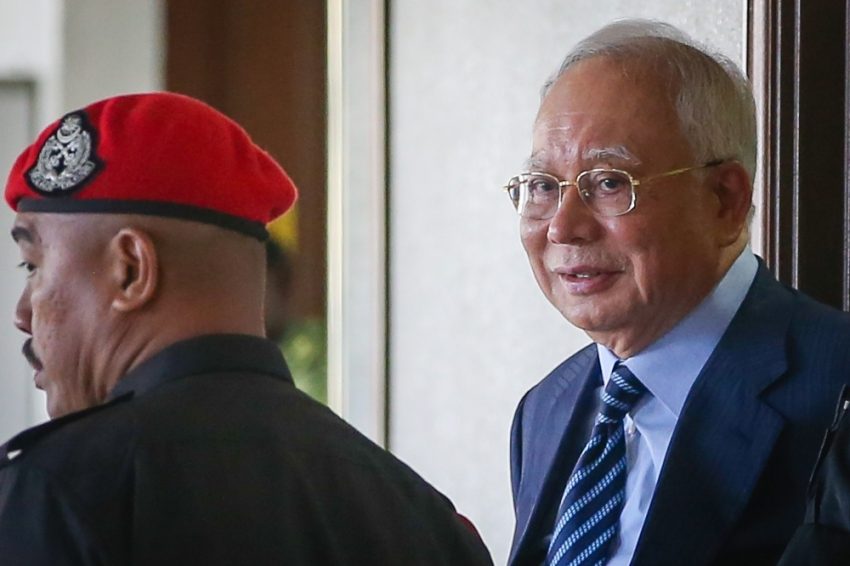Since 2024, former Malaysian Prime Minister Najib Razak has experienced significant legal and political developments related to the 1Malaysia Development Berhad (1MDB) scandal first reported in 2015, which led to profound implications for Malaysia’s governance and international reputation.
Reduced sentence (and accountability)
In February 2024, Malaysia’s Pardons Board halved Najib’s 12-year prison sentence to 6 years and reduced his fine from RM 210 million to RM 50 million. This decision has sparked controversy and raised questions about the government’s commitment to anti-corruption reforms. The High Court subsequently dismissed additional corruption charges against Najib and former-Treasury Secretary-General Irwan Serigar Abdullah due to delays and non-disclosure of key documents. These chargers were related to the alleged diversion of approximately RM 4.5 billion from 1MDB between 2009 and 2014.
The reduction of Najib’s sentence and the dismissal of additional charges have raised concerns about the erosion of accountability in Malaysia’s fight against corruption. Critics argue that these actions undermine public trust in the judicial system and suggest a backslide in anti-corruption efforts.
Sorry… what?
In October 2024, Najib issued a rare public apology for the 1MDB scandal, expressing regret for its occurrence under his leadership. However, he maintained his innocence, asserting that he was misled by individuals like fugitive financier Jho Low and believed the funds he received were legitimate political donations from Saudi Arabia. While Najib’s apology might seem as a step towards accountability, his continued denial of direct involvement in the scandal and the legal leniency he has received have led to perceptions of inconsistency in addressing corruption in the higher levels of Malaysia’s government.
Implications on society
These case developments on Najib and the 1MDB scandal have led to largely negative implications on Malaysia’s society. For one, the perception of preferential treatment for high-profile individuals can erode public trust in key institutions, including the judiciary and government. This erosion of trust can lead to increased cynicism and disengagement among the public.
The ongoing legal saga has also become a focal point for political discourse, contributing to heightened polarization. Supporters of Najib view the proceedings as politically motivated, while critics argue that justice has been compromised. This division can hinder constructive dialogue and impede national unity.
These developments underscore the challenges Malaysia face in ensuring accountability and transparency in governance. The balance between legal proceedings and political considerations also remain a critical issue in the ongoing saga of the 1MDB scandal.
